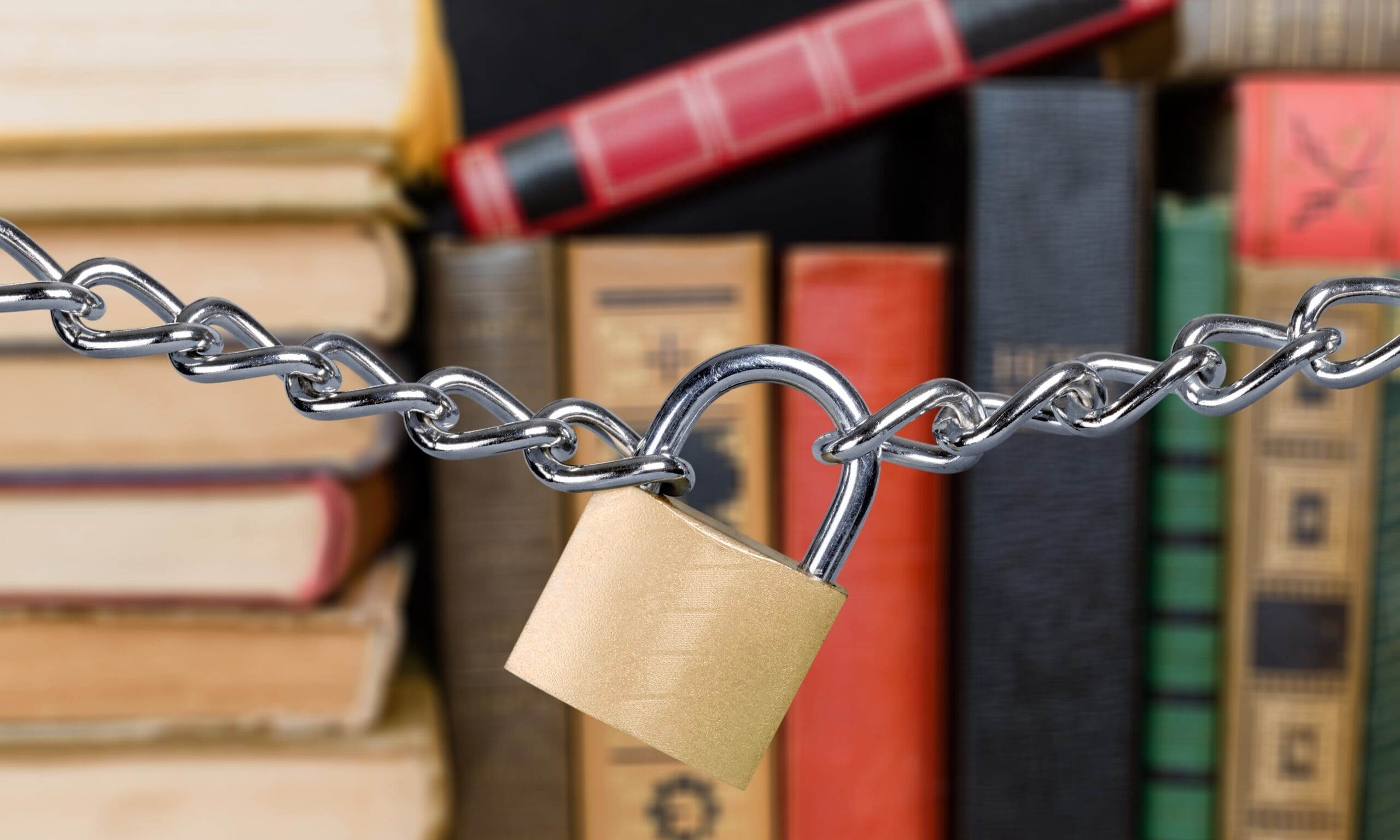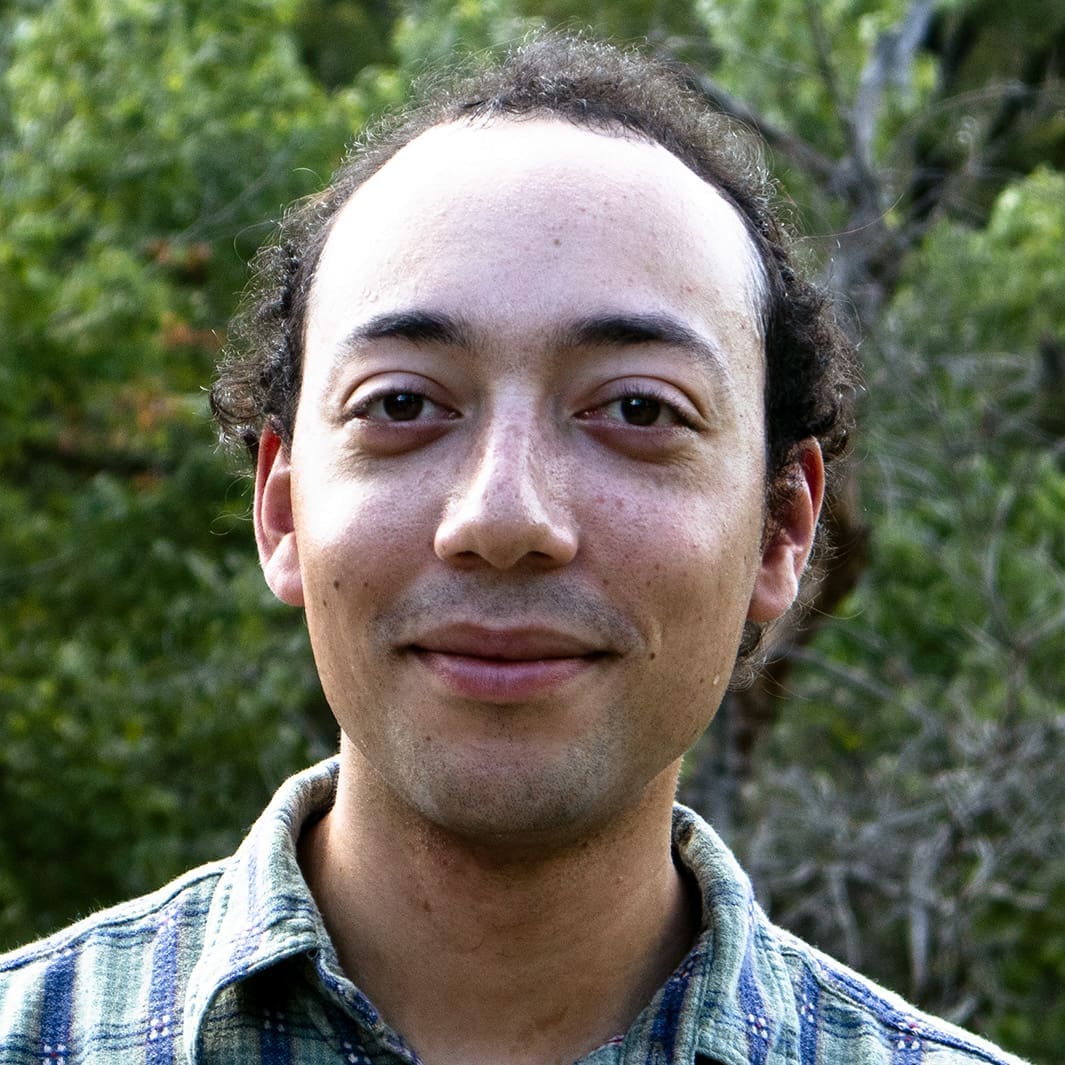This article represents the opinions of its author. The views expressed here are not necessarily representative of The Sunrise News staff as a whole.
One of my favorite authors, Lemony Snicket once wrote, “They say in every library there is a single book that can answer the question that burns like a fire in the mind.”
I didn’t read that quote until I was in high school, but, still, it captured the way I’d felt about libraries my whole life.
As a kid, libraries were a place full of magic and wonder; they felt like they could contain anything I’d like to learn – all I had to do was look. I loved to walk through, looking at books I’d loved reading or searching for something new.
Libraries have never lost that special place in my heart. I still can walk into a library and spend hours just browsing, searching for new books.
That sense of wonder is something that, if I ever have kids, I hope to pass on to them, and it is certainly something I intend to try and share with some of the youngest members of my extended family. But recently, I’ve begun to worry that we are in danger of denying that same type of library experience to a younger generation.
For months now there has been an ongoing conversation about what books should be included in the children and young adult sections of libraries. Simultaneously, there have been conversations about whether the Alabama Public Library Service should cut ties with the American Library Association.
The whole situation reeks of politics. Liberal versus conservative, Republican versus Democrat.
Under pressure from Gov. Kay Ivey and state legislators, some of whom threatened to pull library funding if changes were not made, APLS director Nancy Pack announced that she had recommended that the APLS board cut ties with the ALA.
Currently, the ALA supports Alabama libraries through professional development, membership engagement and advocating for libraries. For example, the ALA advocated and succeeded in securing additional funds for libraries through the CARES ACT and American Rescue Plan during the pandemic.
After discussing leaving the ALA during a Nov. 16 board meeting, the APLS board voted to table the issue until March.
While legislators have been perhaps the most effective group putting pressure on the APLS, the recently formed group Clean Up Alabama has been a driving force in generating political pressure for the APLS to cut ties with the ALA.
Clean Up Alabama has called the ALA a left-leaning organization that “has used their influence to push leftist progressive values in otherwise traditional communities.”
Much of the current debate comes from a now-deleted tweet made by ALA’s president, Emily Drabinski, made last year after her election where she referred to herself as a Marxist lesbian.
In the Nov. 16 board meeting, Matthew Layne, president of the Alabama ALA chapter, pointed out that Drabinski is president, not dictator.
“The American Library Association is composed of over 50,000 librarians who hold religious, political, and social beliefs as diverse as the material on the shelves of any good library,” said Layne, “Ms. Drabinski is not an autocrat, but one voice in the ocean of voices that make up the American Library Association.”
Despite this, groups like Clean Up Alabama have used Drabinski as a lighting rod, focusing criticism, not only on the ALA, but on Alabama libraries in general. In addition to pushing for the APLS to end their relationship with the ALA, Clean Up Alabama is calling for several books they have said are inappropriate in the children and teens sections of libraries to be removed or have restricted access.
Ironically, given their concern with politics influencing libraries, I think Clean Up Alabama and other groups advocating for change are creating exactly the situation they want to prevent. They’re trying to push their own political beliefs into the library system, which is a direct threat to the role libraries play in our society. Libraries don’t exist to serve one political side or the other, they exist to serve everyone equally.
Libraries exist to provide views that you don’t agree with, no matter who you are. They exist to provide that one book for someone that might be just what they are looking for. That book might not be a book you’d want to read. It might even be a book you hate, but that doesn’t matter, because the library isn’t just for you and it isn’t just for me. Libraries exist to serve everyone.
If you like and agree with every single book in a library, then the librarians aren’t doing their job very well.
The books that Clean Up Alabama and similar groups have listed as needing to be moved to a different section of the library are ones they say contain sexually explicit content, racial commentary they consider inflammatory and books with LGBTQ+ themes.
Clean Up Alabama avoids saying they are targeting LGBTQ+ themes, but we all know what terms like “alternate sexualities,” “alternate gender ideologies” and “references to sex and sexuality” allude to.
These are clearly books that do not align with the beliefs of Clean Up Alabama, and as parents I believe they have the right to say they don’t want their children reading those books. I just don’t think they have the right to say what books are inappropriate for everyone else’s children.
Now, most people have problems with the idea of sexually explicit material in the children’s section of the library. Luckily for all of us, there aren’t any.
While Clean Up Alabama does clarify on their website that they are focusing their attention on minors, much of the rhetoric they’ve used makes it sound like there are books full of pornography sitting in the children’s section, and this is simply not the case. Any debate regarding sexually explicit material lies with the young adult or teen section.
I’ve looked over the list of books that Clean Up Alabama wants restricted for teenagers, and many, though not all, contain the same level of sexually explicit content that you would see in a PG-13 movie. If kids are old enough to be unsupervised in the teen section, I can almost guarantee they’ve seen a PG-13 movie.
When reading over the list of books that Clean Up Alabama took issue with, I was surprised to find several books that I had read while in high school. Books like “Thirteen Reasons Why” and “The Hate U Give.” Books that were just what I needed at the time that I read them, books that had a significant positive influence on my life.
Don’t get me wrong, I understand why some parents wouldn’t want their kids to read those books, and, until their child is an adult, they have the right to make that decision. But why should the beliefs of some parents mean that access to those books is restricted for everyone?
There was a time when any book that threatened or challenged the system of segregation would be considered wildly political and inappropriate for children. Now, we have picture books that tell kids about Rosa Parks and Dr. Martin Luther King Jr.
The fact that those books are in libraries is really important to many people. Just like it is equally important to many people that we continue to have picture books about George Washington and Thomas Jefferson. And some people want picture books about Muhammad Ali or Nelson Mandela or Johnny Cash.
Some people like the idea of all of those books in the library, and some people can’t stand the thought.
But, the reality is, there will always be books in the library that we don’t like. Do we really want to live in a world where a small, but vocal, group of parents gets to make the choice for everyone else’s kids?
Much of this conversation boils down to the question of what rights parents have to control what children read. But, parents already have a lot of rights when it comes to their kids at the library.
In fact, parents don’t even have to allow their children to have a separate library card if they don’t want to. In Jefferson County, for example, a child must be at least 15 before they are allowed to register for a library card without a parent or guardian being present. In some counties, you must be 18 before you are allowed to register without a parent or guardian present.
Many libraries also have rules about not leaving children under a certain age unattended, so they wouldn’t have the opportunity to look over books without their parents seeing.
So what other rights are there that parents need?
Ivey has said that she wants to make sure that libraries are a safe space for kids, but short of just removing the entire teen’s section, I really don’t know how she expects to guarantee no one will be upset by the material in a library. And even then, I doubt it would work.
When I was a kid, I had a friend tell me that Pokémon were evil and imply I was doomed to hell because I liked them. That kid’s parents probably wouldn’t want him reading the many Pokémon books sitting in the children’s section of many libraries. Others might dislike books that celebrate Halloween. Some families might be upset by books with witches, and some families might complain that books with witches mock those who practice wicca.
How do you make a “safe space” for all of those different families? How do you guarantee that none of their kids will ever stumble upon a book that flies against their beliefs?
The reality is you can’t. Unless, of course, you choose to pick a single group’s beliefs and restrict material based upon them, like what Clean Up Alabama is trying to do.
And I think that contradicts what American public libraries are meant to do.
I was able to grow up with a library system that let me grow and learn. A library system that gave me the chance to be exposed to a host of ideas, some foreign to me, at a young age. I think I’m better for it.
Often, I would read a book and find myself disagreeing with the ideas expressed there. Sometimes, I would sit at home after reading a book that challenged my beliefs and consider if that changed anything for me. Sometimes it did, sometimes it didn’t.
Because reading a book does not force someone to change.
When kids read books that challenge their beliefs, they are experiencing in a safe space something that the world will force upon them no matter what their parents do.
We all will have our beliefs challenged one day. Growing up means having your beliefs challenged frequently. So, by making our libraries a place of knowledge unrestricted by political agendas, we are creating a safe space for children to grow and learn. A place to have their beliefs challenged while they are young and in a place where, we hope, they can ask others for advice. By keeping our libraries free of politically-based restrictions, we give children a safe space to grow up.
I want every child in Alabama to have that opportunity for a safe place to grow, but I’m worried that the voices of a few people are going to rob that opportunity from an entire generation of young people.
Want to get early access to columns, unique newsletters and help keep The Sunrise News active? Then support us on Ko-Fi!
This article represents the opinions of its author. The views expressed here are not necessarily representative of The Sunrise News staff as a whole.


